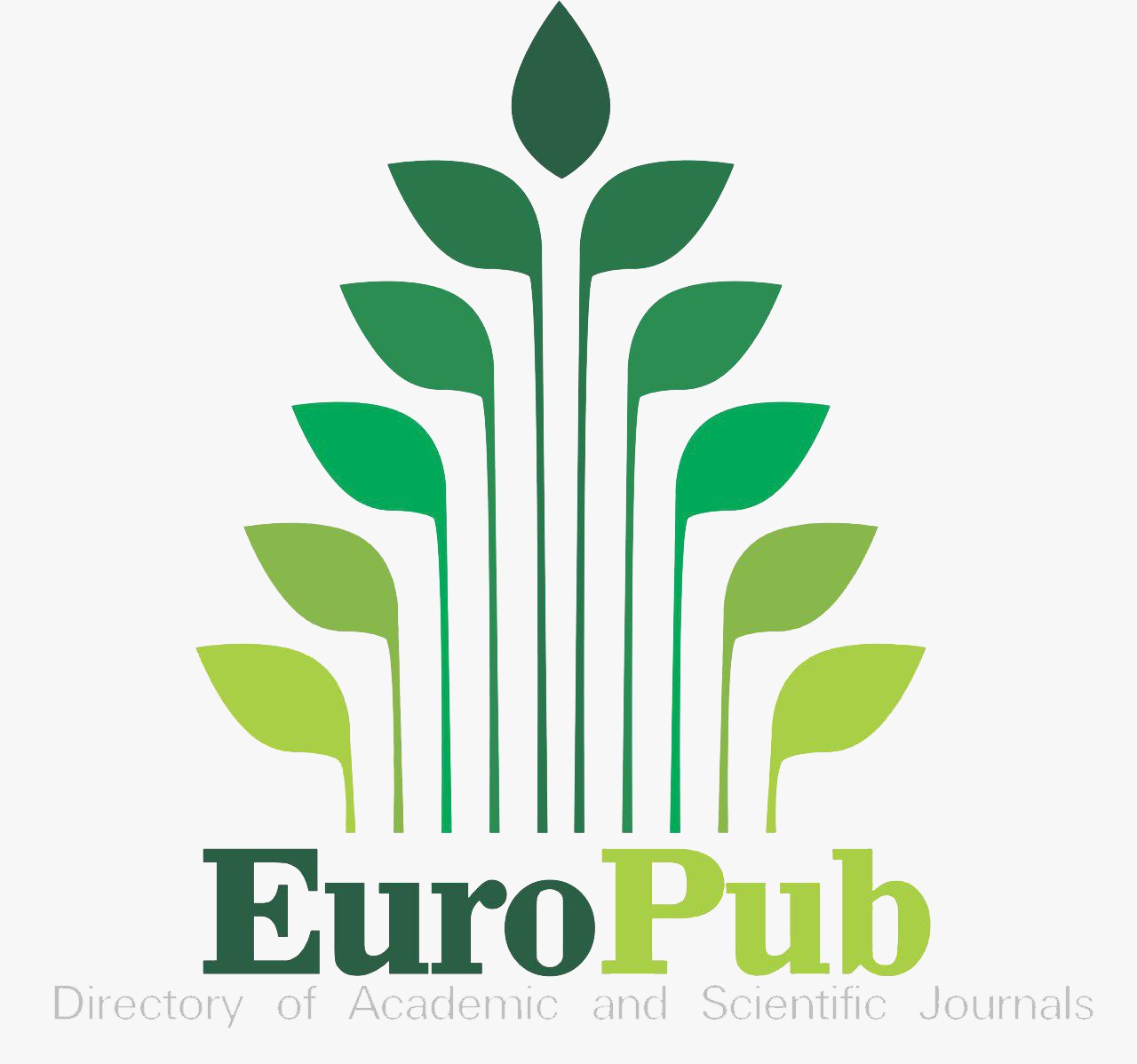CHESS: A TEACHING TOOL THAT ENHANCES THE DEVELOPMENT OF CRITICAL THINKING
DOI:
https://doi.org/10.56219/dialctica.v2i25.3973Keywords:
Chess as a game, Critical thinking, Teaching toolsAbstract
Chess is considered an ancient game practiced since the 6th century. Since its emergence, various cultures have initially practiced it as a means of distraction and entertainment. Today, it is possible to observe that practicing it at an early age can aid in the early development of many skills, both cognitive and social, among others. The challenge of 21st-century education poses the question of how to compete with such modern tools that practically incite children and adolescents to procrastinate and develop high levels of laziness due to the exercise of thinking and making decisions. In this order of ideas, an innovative proposal arises that suggests that through play, and specifically chess, the levels of critical development in infants and adolescents who practice it can be raised. Recent research has shown that chess improves, among other skills, the ability to calculate mentally, problem-solving, and abstract reasoning. In addition, chess promotes concentration, memory, and the ability to plan long-term, essential skills in the academic and personal development of students. This article explores how integrating chess into primary education is an effective tool for developing critical thinking in students, providing a detailed analysis of the cognitive and socioemotional benefits this game can offer. Through a comprehensive literature review, we sought to demonstrate that chess is not just a game, but a valuable educational tool that can transform the way children learn and think.
Downloads
References
Chacón, M. (2011). El modelaje como fuente de aprendizaje del Ajedrez. Ficha VALORAS actualizada de la 1ª Edición “El modelaje según Bandura” (2003). Disponible en Centro Recursos VALORAS: www.valoras.uc.cl
Choque Ito, (2020). La importancia del pensamiento crítico. https://elartedepensar.wordpress.com/2012/02/17/la-importancia-del-pensamiento-critico/
Escobar, P. (2016). La importancia del pensamiento crítico. https://elartedepensar.wordpress.com/2012/02/17/la-importancia-del-pensamiento-critico/ DOI: https://doi.org/10.2307/j.ctv10qr05q.5
Horkheimer, M. (1937). Teoría tradicional y crítica. Zeitschrift für Sozialforschung, 6(2), 245-294. [Documento en línea] Disponible en https://www.pdcnet.org/zfs/content/zfs_1937_0006_0002_0245_0294 [Consultado: 2022, noviembre, 15] DOI: https://doi.org/10.5840/zfs19376265
Ley General de educación de la nación de Colombia. [No 115]. [1994, febrero 8]. [transcripción en línea]. https://www.mineducacion.gov.co/1621/articles-85906_archivo_pdf.pdf
Ortega et al., (2020). Aprendizaje basado en problemas en el desarrollo del pensamiento crítico y el rendimiento académico en Formación Ciudadana y Cívica. Universidad César Vallejo] Perú. https://repositorio.ucv.edu.pe/bitstream/handle/ 20.500.12692/5338/Rodriguez_SNE.p%20df?sequence=1&isAllowed=y
Paco Vargas, J. (2021). La analogía como estrategia para desarrollar el pensamiento a partir del Ajedrez. EPISTEME, 27(1), 119-125. http://ve.scielo.org/scielo.php?script=sci_arttext&pid=S0798-43242007000100007&lng=es&tlng=es.
Piaget, J. (1972). Teoría del desarrollo cultural de las funciones psíquicas. (Rotger, M. Trad). Ediciones Librerías Fausto, Buenos Aires, Argentina. https://abacoenred.com/wp-content/uploads/2015/10/Pensamiento-y-Lenguaje-Vigotsky-Lev.pdf
Sternberg, F. (1985). El Desarrollo del Pensamiento crítico a través de varias metodologías docentes. Universidad Autónoma de Barcelona]. España.
Sánchez, K. (2018). Nietzsche en Deleuze: hacia una genealogía del pensamiento crítico. Theoría. Revista Del Colegio De Filosofía, (10), 65–83. https://doi.org/10.22201/ffyl.16656415p.2000.10.251 DOI: https://doi.org/10.22201/ffyl.16656415p.2000.10.251
Velázquez, V. (2016). HACIA UN NUEVO CONCEPTO DE PENSAMIENTO Y COMPRENSIÓN. EDITORIAL Boletín virtual Redipe. ISSN-e 2256-1536, Nº. 824, 2016, págs. 6-14
Downloads
Published
How to Cite
Issue
Section
License

This work is licensed under a Creative Commons Attribution-NonCommercial-ShareAlike 4.0 International License.
La revista Dialéctica conserva los derechos patrimoniales (copyright) de las obras publicadas, que favorece y permite la reutilización de los mismos bajo la licencia Creative Commons Atribución-NoComercial-CompartirIgual 4.0 , por lo cual se pueden copiar, usar, difundir, transmitir y exponer públicamente, siempre que se cite la autoría y fuente original de su publicación (revista, editorial, URL y DOI de la obra), no se usen para fines comerciales u onerosos y se mencione la existencia y especificaciones de esta licencia de uso. Si remezcla, transforma o crea a partir del material, debe distribuir su contribución bajo la misma licencia del original.












